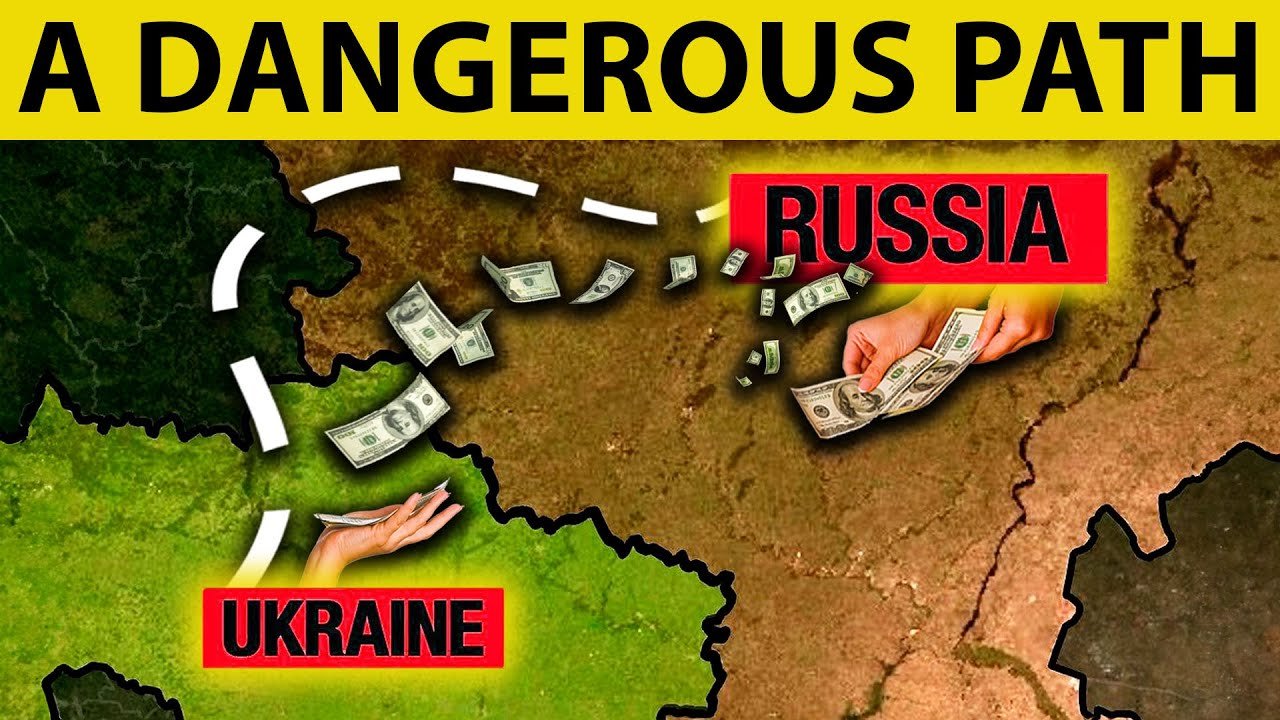- Western nations hold hundreds of billions of dollars in frozen Russian assets, raising discussions about their use in rebuilding Ukraine.
- Legal pathways for the confiscation of these assets exist but are untested on such a large scale, presenting a complex legal and moral dilemma.
- Historical precedents for asset seizure during conflicts exist, yet the current situation with Russia poses unique legal challenges, especially given the lack of a formal war declaration between Russia and the confiscating countries.
- The potential use of frozen assets faces opposition due to concerns over violating international law, the impact on global financial systems, and the possibility of retaliatory measures by Russia.
- Alternative proposals include taxing the profits made from these assets rather than outright confiscation, which could provide a legal and less contentious way to support Ukraine.
- The debate underscores the broader implications of asset seizure, including its impact on international relations, legal norms, and the financial stability of entities holding the assets.
- There is a strong moral case for ensuring Russia contributes to the reconstruction of Ukraine, given the extensive damage and human suffering caused by the conflict.
- The discussion is ongoing, with significant legal, political, and economic considerations weighing on the decision-making process.
This summary has been generated by AI.

Leave a Reply